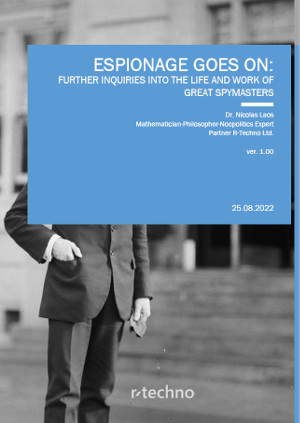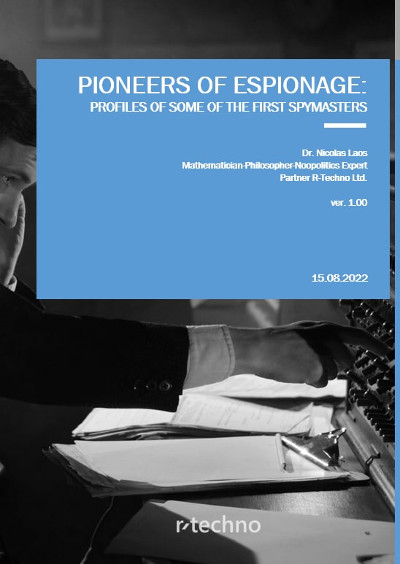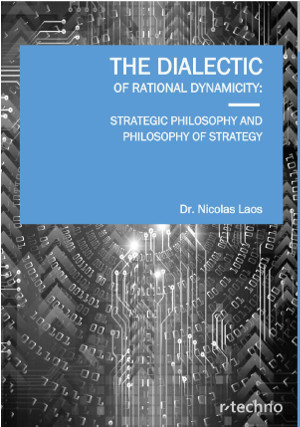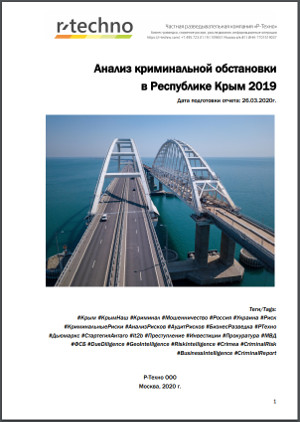Business intelligence professional are ready to help banks comply with the anti-laundry law
نشرت 24 12, 2010 مؤلف CEO
In January 2011, Russian banks will face a drastic tightening of control over the observance of the anti-laundry law. They will have to identify the real owners behind their clients. The Central Bank, the Federal Financial Markets Service and the Federal Financial Monitoring Service will be able to punish banks for the same violation. The penalties (their maximum size will be doubled) may be imposed not only on a bank and its top management but also on its line managers. Banks fear that this will be another headache for them. First of all, it will increase costs because they will have to expand the HR and program components of the financial monitoring process. Such work requires the participation of skilled professionals capable to find out in a short time whether the information on clients is reliable, who the beneficiaries are, and whether these companies are on the Russian and international blacklists and ban lists. Sources of information are needed to gather the data. It's not just databases, where misleading clients may be, but also information from law enforcement agencies and sometimes from abroad where companies may have their business assets. In other countries, this type of job is the realm of private intelligence agencies outsourced by public and private entities to conduct serious investigations about the reliability of counterparties. It’s not like that in Russia, because many banks are also "sinners" and periodically lose their licenses for laundering criminal money through lending and securities markets.
However, those financial institutions that care for their reputation and want to stay on the professional market can afford eliminating a staff of experts to cooperate with private intelligence agencies instead. The Russian market of business intelligence is small: it includes at most 10 major players who can be instrumental in helping Russian banks comply with the anti-laundry law. For example, Russian intelligence bureau R-Techno has been in the intelligence business for 7 years. According to its head - Roman Romachev – it has accumulated enormous experience in verifying the reliability of information about companies and their top persons. In particular, it repeatedly managed to identify the true owners of a business through affiliated links. In its work, the agency uses a variety of different verification methods: through Russian and international blacklists, ban-lists and stop-lists, as well as other databases, which include at least 27,000 files. R-Techno has an international network of offices in Russia, Europe and Latin America, through which banks can learn about foreign assets of their clients in terms of money laundering operations. Given that banks may lose their licenses because of cooperation with dubious companies, business intelligence can not only save their reputations but also make them more secured in the provision of services to clients.
Source: http://www.rb.ru/users/article.php?ID=43807






